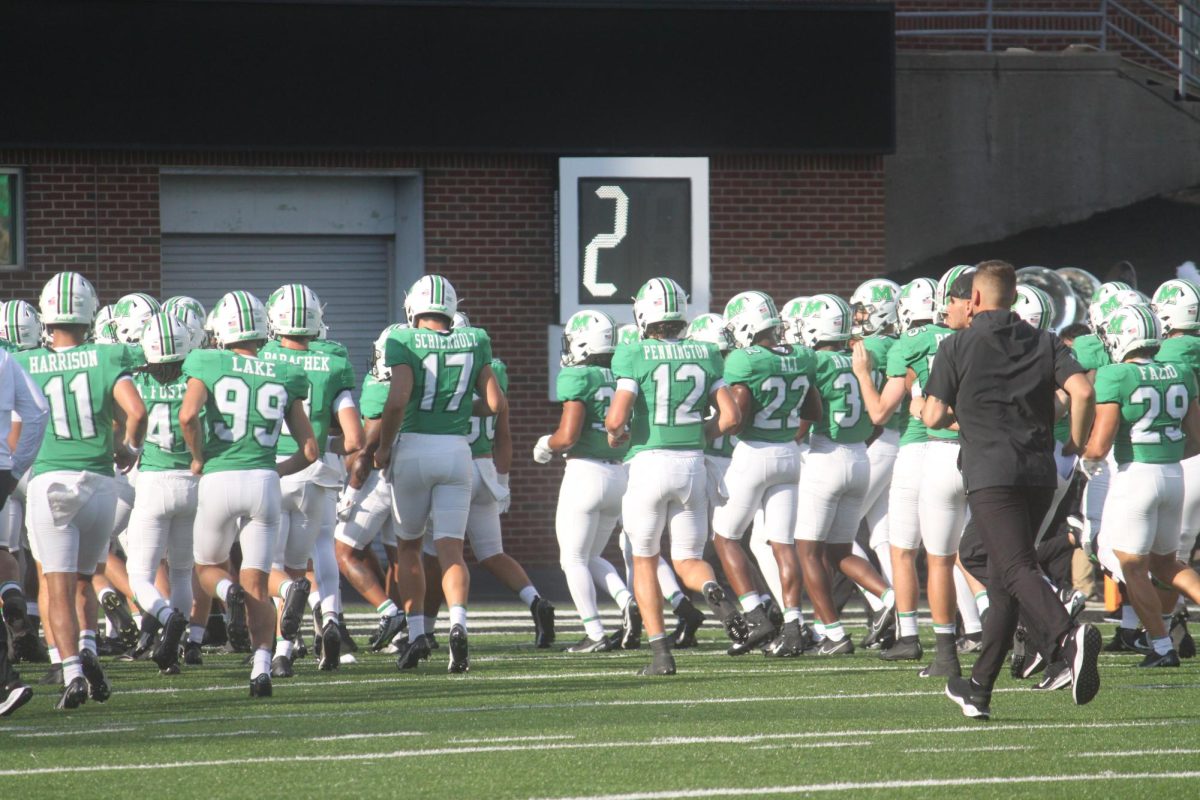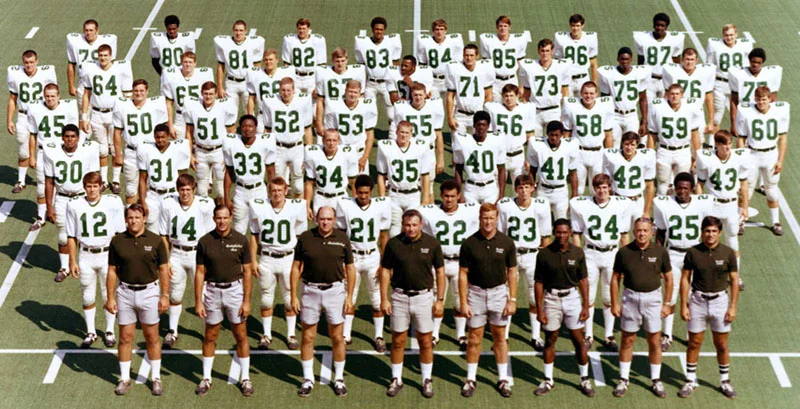Health, identity and fad diets were the theme of the fourth annual Food Past/Food Future event, which was held in Harris Hall on Wednesday, Oct. 25.
“We want to bring students and faculty together in one place, so we can learn about the significance of food from a variety of different angles,” said Chris White, history department professor.
The event explored ideal foods for different time periods throughout history.
“It’s all about the history around the world of different cultures deciding on what they think the ideal food for their time period was,” White said. “We have examples from Ancient Rome, India, Modern India today and the Civil War, as well.”
Food is the center of culture, history, economics and warfare, White added.
“This event is about the history of food, so a lot of the food that has been brought in today resembles how it was cooked in the 19th century,” said Dr. Manamee Guha, first-year assistant history professor. “It is really about how food has evolved over time and what the dishes tell us about the history of different civilizations.”
The event featured several cuisines from different cultures made by departments throughout the University.
“I brought a dish that ties in three different parts of the world together: Britain, China and India,” Guha said. “My dish is hand-fried potatoes in poppy paste.”
Guha’s dish featured poppy seed, an oil seed obtained from the opium poppy. She used a coffee grinder to create the paste and then shallow fried it with potatoes.
“The British were forcing the Indians to grow poppy against their will and only taking part of the poppy, which was an addictive opium, then smuggling it into China to get the Chinese addicted to the opium,” Guha said. “Since the Indian farmers could not grow anything besides poppy, they began taking the other part of the poppy and making it into a paste to feed themselves.”
Understanding health, identity and fad diets is essential to understand how society has organized itself and how people behaved in different time periods, according to White.
“There are different places, times and contexts in which people have chosen what they think is the most important food they need to have for the situation,” White said.
“My dish is on graham crackers, which were invented in the 1830s by Sylvester Graham as a health food; he thought people should eat really plain, simple diets with no fat, sugar, pepper or spices to stay calm and practice self-control,” said Dr. Greta Rensenbrink, the chair of the history department.
Rensenbrink made two versions of graham crackers, one from the 1830s and another from the 1920s. “These are what people thought of as healthy food,” Rensenbrink said.
“A lot of us, especially myself and Dr. Montserrat Miller and the dietetics department, are interested in the importance of food for human civilizations, and some of us are interested in the broader history of food while others are interested in local cuisine and the significance it has for those people,” White said.
Several departments were involved with the event, including the anthropology, sociology, history, sustainability, political science, biology, journalism, dietetics and classics departments, as well as the Title IX office.

























